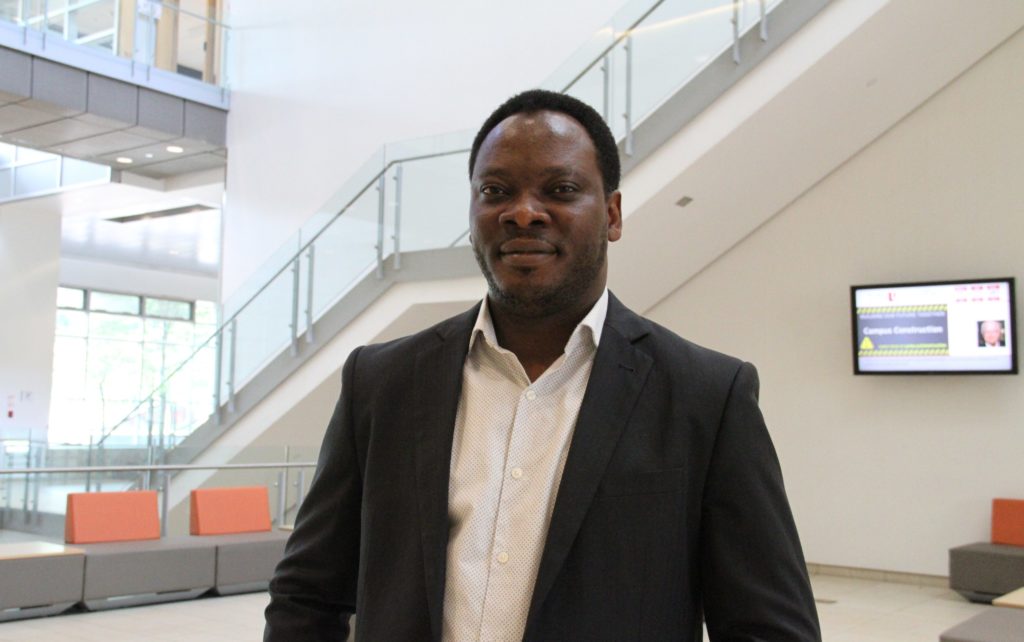Mentorship is a powerful tool in helping students become leaders

When he saw an email looking for mentors for Black students, Oghenowede Eyawo knew he had to be involved. “This was an opportunity for me to give back to my community,” says Eyawo, assistant professor of global health epidemiology. “Now that I’ve reached this point in my career, I can share my experiences with students and perhaps help them navigate their own career path.”
Some of his advice for his mentees has been academic. “I talk to them about strategies to be successful in their studies. I talk to them about how to engage better in class and how to be better individuals, in general.”
He has helped students prepare resumés and given them pep talks on applying for jobs. But there’s more to this mentor-mentee connection.
“Black students can face challenges beyond just the academic ones,” he says. Dealing with casual and systemic racism can take a toll on students’ emotional health, compounding the stresses of their studies. Sometimes, being a mentor means just being an empathetic listener.
Eyawo has already recruited two more mentors from within the faculty. “My pitch is quite simple,” he says. “I ask them, ‘Would you have benefited from a mentor when you were a student?’” The answer so far has been a resounding “Yes.”
“We have the opportunity to pay it forward,” he continues, “to support Black students, to give them ideas, to help them deliberate where they want to go in life.”
The Black Students Mentorship Program (BSMP) started as a student-led initiative to support, guide and mentor Black students throughout their academic studies, and prepare them for leadership within health-related professions. “The student organizers and leads of the BSMP are my heroes”, say Eyawo. “Putting together and coordinating this mentorship initiative amidst their own academic work and other commitments is selfless. They deserve every support possible.”
“Not only does mentorship help students succeed academically,” says Mazen Hamadeh, Associate Dean for Students, “it also helps them develop other skills: communication, a sense of capability and purpose.”
The Faculty also offers different Student Success Programs through its Calumet and Stong Colleges to mentor and support first-generation students and international students, which encourage them to seek leadership roles in student councils and clubs.
“If students can see someone with similar experiences, backgrounds, and life challenges – someone in a leadership role, who is giving back to the community – that goes a very long way into inculcating in them a sense of confidence that they, too, are capable of doing great things,” says Hamadeh.
Empowering this next generation of researchers and practitioners has obvious benefits for the faculty, the university, and the Canadian health-care landscape. And alumni can play a significant role in helping make that happen, as mentors and donors.
A key priority for the Faculty is to build on the students’ work and broaden its student success programming through mentorship programming and student awards curated for Black students and other equity-deserving students. A gift of your time as mentor or guest speaker – or through a gift to the program will make a big difference in the future of these students.
“As a university, we’re not just providing education,” says Hamadeh, “we’re providing opportunities to better society.”
